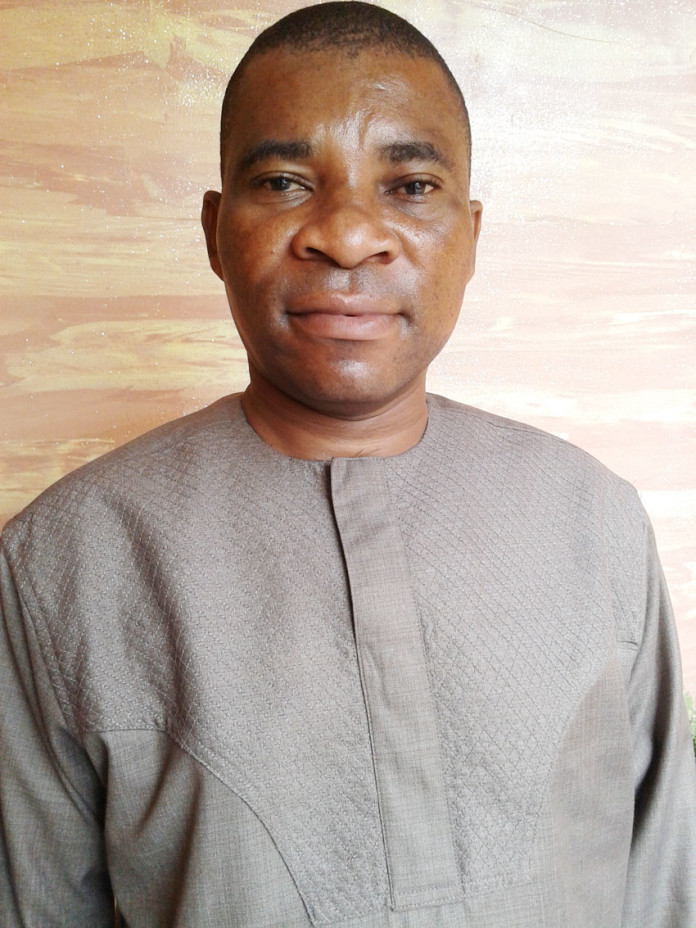By Kelechi Mgboji
Assistant Business Editor
At least one million jobs in the hospitality and tourism sector of the economy across the Federation are hanging on precarious balance if their employers can find sufficient funds to pay the severance entitlements of retrenched staff.
While many employees in the sector have already lost their jobs, those going to survive the looming massive job loss may have to contend with pay cuts.
No thanks to worsening economic downturn, foreign exchange crisis, sharp rise in the cost of power supply, security challenges in the country, and other gruelling problems facing the economy.
Accurate statistics are not available but the sector is one of the highest employers of labour with thousands of hotels of various sizes and tourism sites providing direct and indirect employment to more than a million people.
Stakeholders in the industry who spoke with TheNiche said overhead cost of running the business has skyrocketed above income, leaving many employers struggling for survival.
 For instance, Mainland Hotel Limited Lagos, a member of the Leventis Group, has shut down since November, last year.
For instance, Mainland Hotel Limited Lagos, a member of the Leventis Group, has shut down since November, last year.
Similarly, Perfect Suites Limited, and Hundred Percent, are other chain of hotels with over 50 employees about to close down.
Both hotels are owned by one investor, Prince Kingsley Ugochukwu, whose ten years’ investment in the industry has now turned unprofitable due to the prevailing economic situation of the country.
TheNiche checks revealed a sharp drop in business activities across leading hotels in Lagos. Individual patronage has declined leaving only corporate organisations trickling in and out.
The Managing Director and Chief Executive Officer, Blueseasons Hotels & Suites Limited Michael Anyanwu, told our correspondent that dollar exchange crisis, sharp rise in the cost of power supply, security challenges in the country, and other gruelling challenges facing the economy have dealt devastating blow to the industry.
He disclosed that foreigners no longer come to do business in the country partly as a result of dollar scarcity because they are not sure of capital/dividends repatriation.
“Also exchange rate of dollar to the naira is not favourable to importers anymore. In fact, most of the Ocean Liners had to cancel or reschedule their vessel itenary into the country as the liners are almost without cargo. Most of them are no more doing businesses let alone taking time off to rest.
“So demand has dropped sharply, while the supply side can only be upward flexible and every aspect of the economy is affected. It is a very big challenge that we are into because few people can scarcely afford the basic needs, not to talk of relaxation today,” Anyanwu stated.
The professional banker who ventured into entrepreneurship stated that huge money spent on diesel and power generation could be saved to sustain the workforce if government acts fast to solve the electricity problem.
He explained that since his three star hotel in Aguda, Surulere in Lagos opened for business this year, he has been running on power generators at an average cost of N850,000 per month excluding maintenance.
Also lamenting, the Managing Director and Chief Executive Officer, Perfect Suites Limited, Prince Kingsley Ugochukwu said he is about to quit the business because it is no longer a profitable business.
“We are on the verge of quiting the business because our overhead is now higher than our income. The economic situation, dollar exchange rate, huge electricity tariff have combined to push overhead cost above our income,” Ugochukwu stated.
He added that his other hotel called Hundred Percent will also be closed at any moment pending when the situation may get better.
Combined formal staff strength of Ugochukwu’s two hotels stood at about 50 before he downsized by 40 percent last January to cut cost; but still he couldn’t make ends meet as electricity bill keeps skyrocketing monthly despite sharp drop in grid power supply.
“I downsized by 40 percent to cut cost, yet it is difficult to break even. Customers are no longer coming for pleasure. Once in a while business customers come to do their business and leave,” Ugochukwu stated.
Asked about his other colleagues in other locations, he replied: “We operate like a chain. When you don’t have customers, others who have excess customers would push customers to your hotel.
“But these days, everyone is calling one another for help. No hotel in our class is better off. All are struggling to survive. It is that bad,” Ugochukwu stated.
The President, Hotel and Personal Services Senior Staff Association, Comrade Samuel Adeyemi, told our correspondent that the industry is really in dire straits, but added that their employers cannot afford the funds to settle workers’ entitlements should they resort to massive retrenchment.
“The reason why massive retrenchment has not commenced is that industry operators don’t have money to settle workers’ entitlements and claims that might arise from workers’ disengagement,” said the union leader.
Adeyemi also blamed the situation on insurgency, electricity supply crisis, and lately foreign exchange crisis.
He explained that insurgency has effectively reduced the number of visiting tourists and other foreigners, stressing that the higher the number of visitors the more guest there are. It is a case of “the more, the merrier”.
Like other stakeholders, he also bemoaned the devastating impact of power supply crisis and foreign exchange crisis which he said has thrown a spanner in the works.
All the stakeholders lamented that even with just a guest, there must be power supply to keep the customer satisfied at the expense of the hotel.
On what to do to improve the situation and avert massive jobs losses, Anyanwu called on government to quickly fix the power supply crisis, relax some of its policies on foreign exchange management and encourage exports to improve its dollar earnings and grow foreign reserves.
The former employee of Finbank Plc (now FCMB) and United Bank For Africa (UBA) noted that as foreign reserves grow, Naira value would appreciate against the Dollar and other foreign currencies.
He added: “One of the things government must do to strengthen the naira is to explore non-oil revenue. Government should begin to tap solid minerals deposits to earn more revenue. It is anticipated that the government can earn additional $20bn yearly from mining which will help to improve our dwindling external reserves.
“Also, government should relax some of their monetary policies on foreign exchange management. Most of the things we consume in the country are imported. Part of our predicament is that we are an import-dependent nation; we cannot afford to shut down our import windows overnight. In fact. our government should begin to realize that to a reasonable extent there is nothing like backward integration.
“Rather, the authorities should create a level playing field for importers and create more jobs and revenue from it. Those whose businesses thrive on imports need to have access to hard currency if they must remain in business.
“For the Hospitality Industry, we also expect the government to create an intervention fund as they have done in other sectors like aviation, agriculture and so on,” said the former banker.















